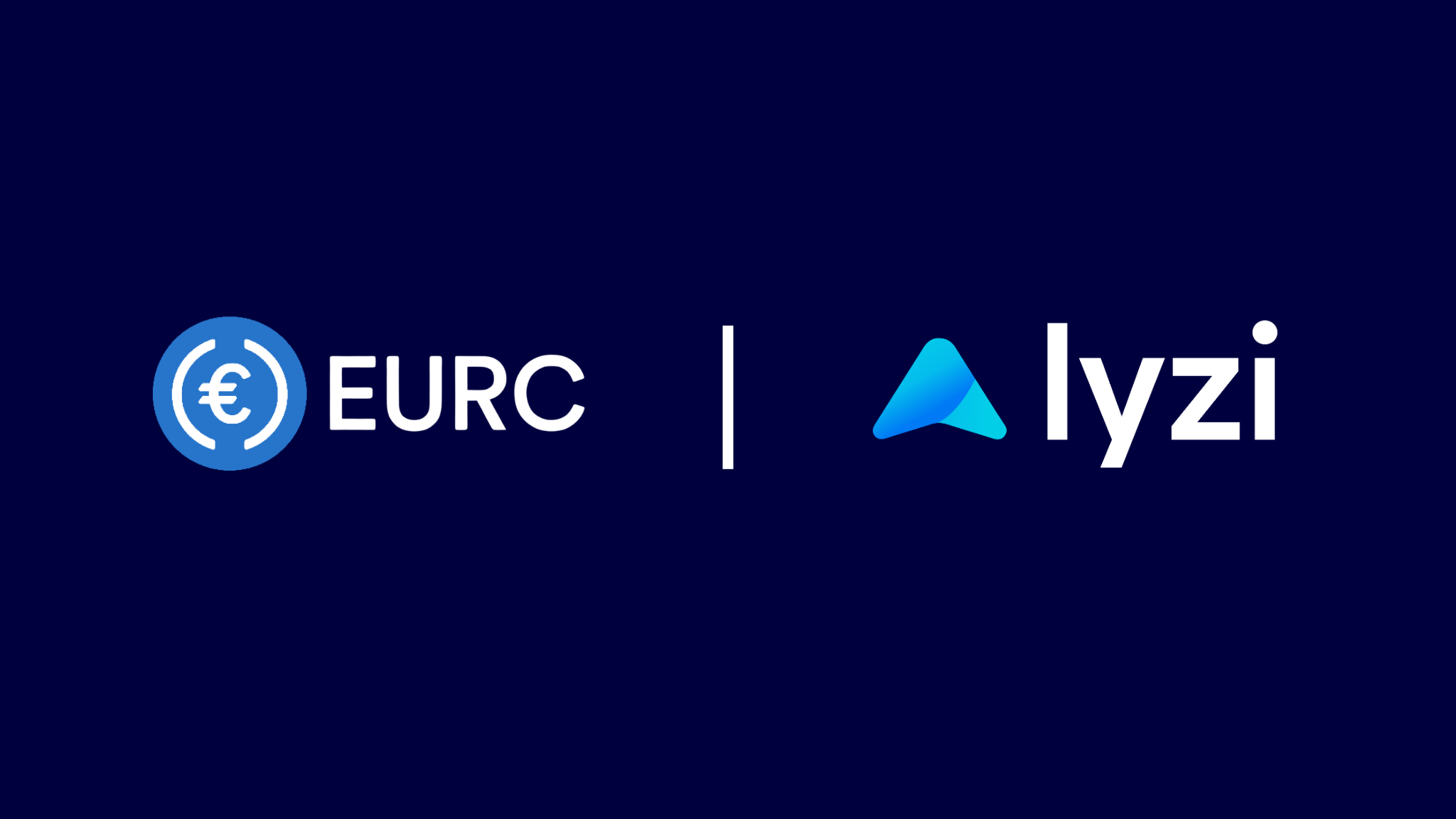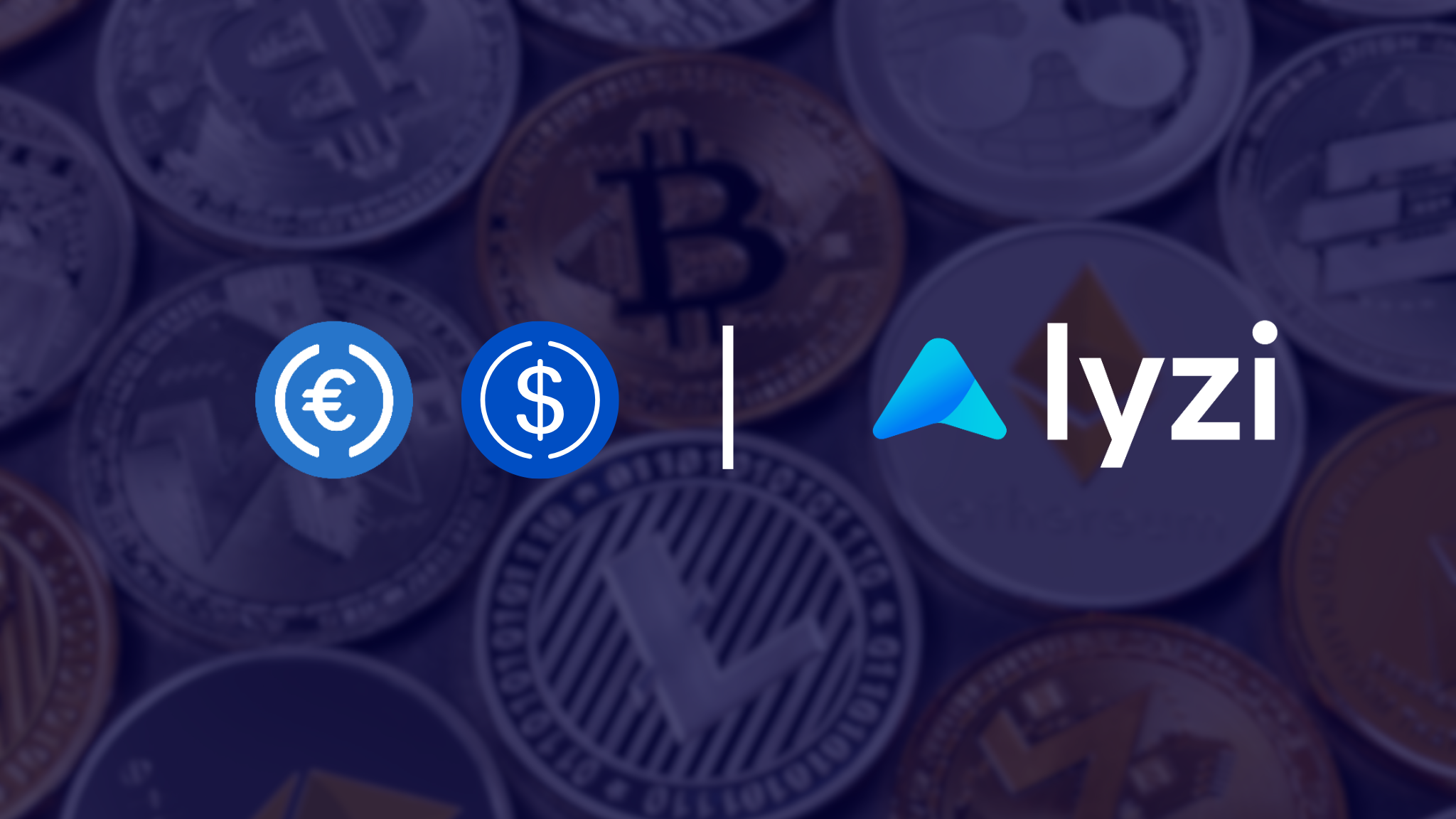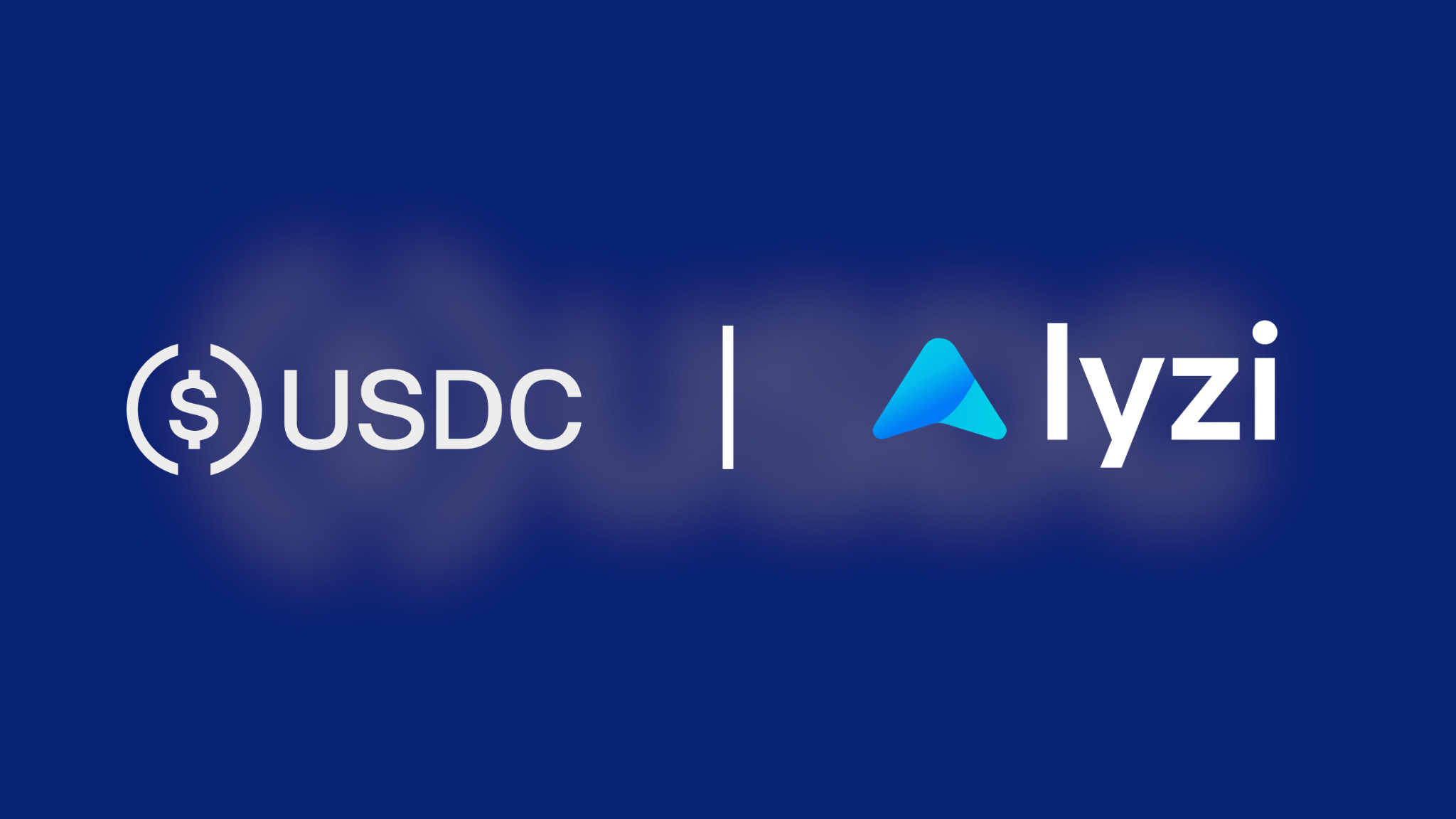.png)
Crypto and taxation in France: How does the flat tax work?
The flat tax (or single flat-rate levy, PFU, in French) is a single-rate tax applied primarily to capital income. It was introduced in France in 2018 with the aim of simplifying the taxation of savings and making it more attractive. What does the flat tax involve?
It applies to capital income, that is to say:
- Dividends (shares)
- Interest (unregulated savings accounts, bonds)
- Capital gains (gains from the sale of financial securities)
What is the flat tax rate in France?
The overall rate is 30%, broken down as follows:
- 12.8% income tax
- 17.2% social security contributions
This rate is flat rate, i.e. identical regardless of the amount of income concerned.
The tax regime for cryptocurrencies in France
Cryptocurrency taxation in France depends on your use of the product (personal investment or professional activity) and the types of gains you make (capital gains, income, mining, staking, etc.). It's important to note that the flat tax only applies to capital gains. As soon as the amount of the capital gain exceeds €305, you are taxable. Gains below this amount are exempt. Please note that the flat tax only applies to capital gains made in cryptocurrencies. Under no circumstances does the tax apply to the purchase of a product or service paid for in cryptocurrencies: you won't pay 30% more for your product or service.
For individuals (non-professional use)
When you sell cryptocurrencies for euros or other fiat currencies (or use them to purchase goods or services), the capital gain is taxed. For individuals, the tax rate on realized capital gains is 30% (flat tax), which is 12.8% income tax and 17.2% social security contributions. For example, on an initial investment of €20,000 in cryptocurrencies that became €30,000 after one year, the realized capital gain is €10,000, which implies a 30% tax on the gains, or €3,000.
Conversions between cryptocurrencies (e.g., Bitcoin BTC → Ethereum ETH) are not taxable unless they are converted into fiat currency. If your total annual sales do not exceed €305, you are exempt from tax on these capital gains.
If the activity is considered professional
This may be the case if:
- You carry out very frequent or large-scale operations,
- You use automated tools (bots),
- You derive a significant portion of your income from these operations.
You are then subject to the BIC (Industrial and Commercial Profits) regime and not the flat tax. Taxation becomes progressive according to the income tax scale, with social security contributions added.
Mining, staking, lending, airdrops, etc.
Mining is considered a professional activity, and is therefore taxed as BIC (Industrial and Commercial Profits) or BNC (British Industrial and Commercial Profits), depending on the case. For stacking, the income received is considered income from movable capital, thus taxed at 30%. If you receive tokens for free (Airdrops), they may be taxable upon receipt (depending on the nature and use).
Tax declaration
You must first declare capital gains in form 2086. Then, the existence of accounts on foreign platforms (Binance, Kraken, etc.) in form 3916-BIS . Failure to declare these accounts can result in a fine of €750 to €10,000 per undeclared account.
Our last News

How to pay in EURC? The euro stablecoin explained and usable with Lyzi

Why paying in stablecoins (EURC, USDC, etc.) with Lyzi transforms the payment experience
